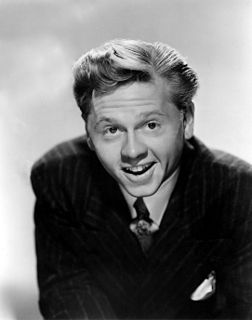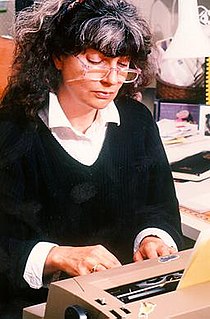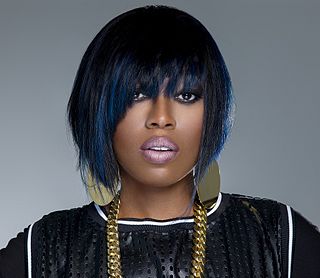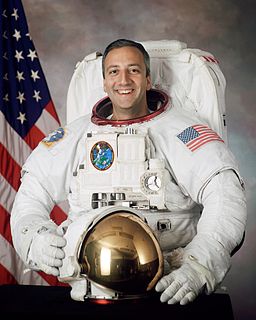A Quote by Emmeline Pankhurst
I suppose I had always been an unconscious suffragist. With my temperament and my surroundings, I could scarcely have been otherwise.
Quote Topics
Related Quotes
Otherwise I got out of bed on two strong legs. It might have been otherwise. I ate cereal, sweet milk, ripe, flawless peach. It might have been otherwise. I took the dog uphill to the birch wood. All morning I did the work I love. At noon I lay down with my mate. It might have been otherwise. We ate dinner together at a table with silver candlesticks. It might have been otherwise. I slept in a bed in a room with paintings on the walls, and planned another day just like this day. But one day, I know, it will be otherwise.
I always have been an entertainer, whether it's been joking or performing for people. And I always thought I had a talent, because I could rap and I could sing, and I did write. And all the other kids were going to college, but I just felt like I had to do this first, and if it didn't work, then I would go to college.
I could scarcely reconcile myself at first to this strange way of preaching in the fields, of which Whitfield set me an example on Sunday; having been all my life (till very lately) so tenacious of every point relating to decency and order, that I should have thought the saving of souls almost a sin, if it had not been done in a church.
In the end, the only events of my life worth telling are those when the imperishable world erupted into this transitory one All other memories of travels, people and my surroundings have paled beside these interior happenings But my encounters with the 'other' reality, my bouts with the unconscious, are indelibly engraved on my memory. In that realm there has always been wealth in abundance, and everything else has lost importance by comparison.





































